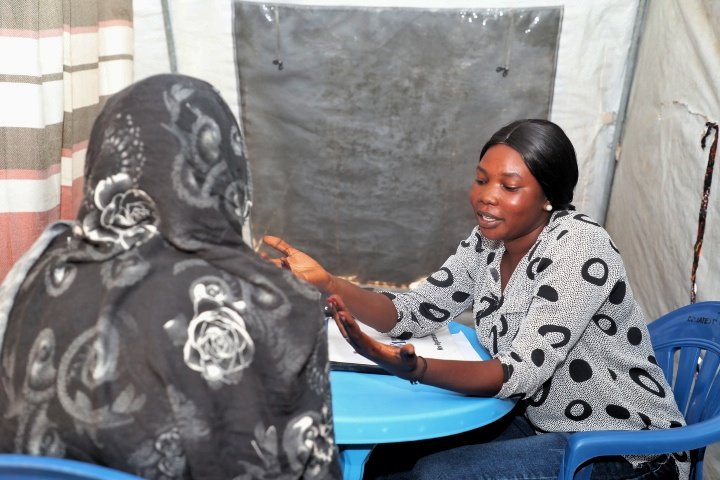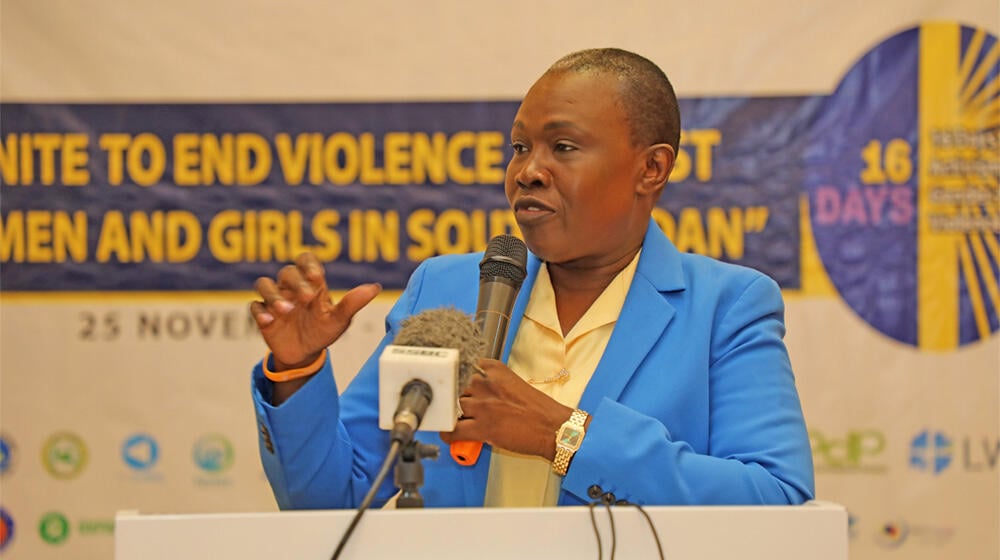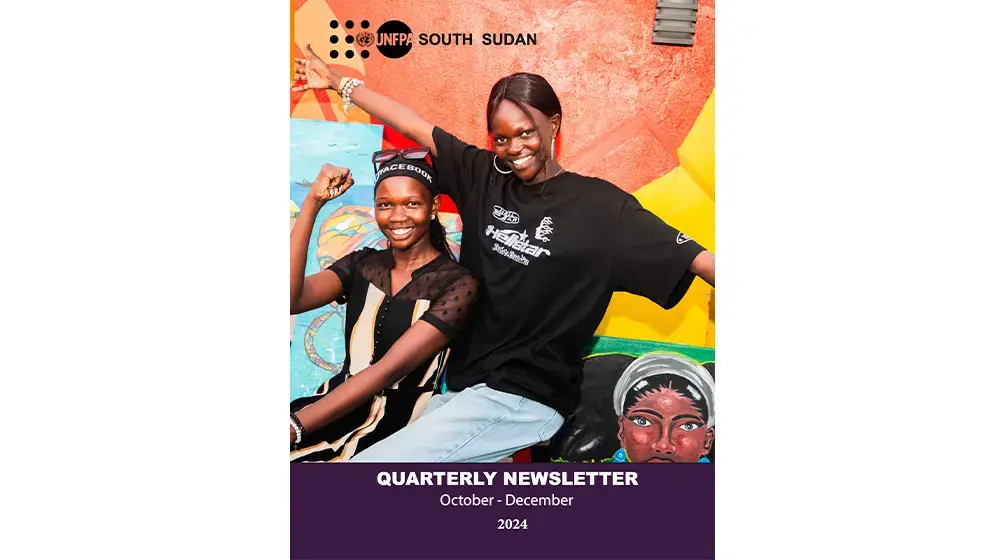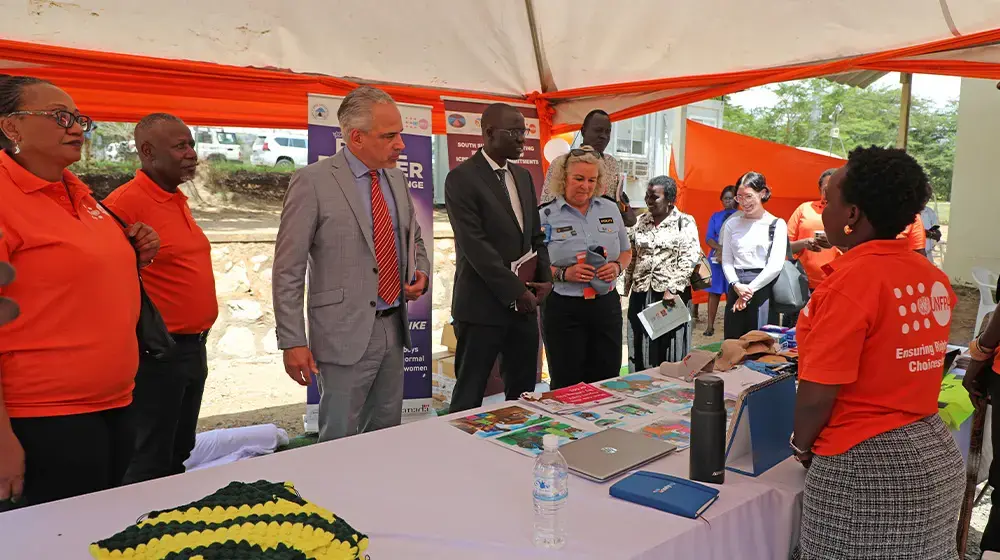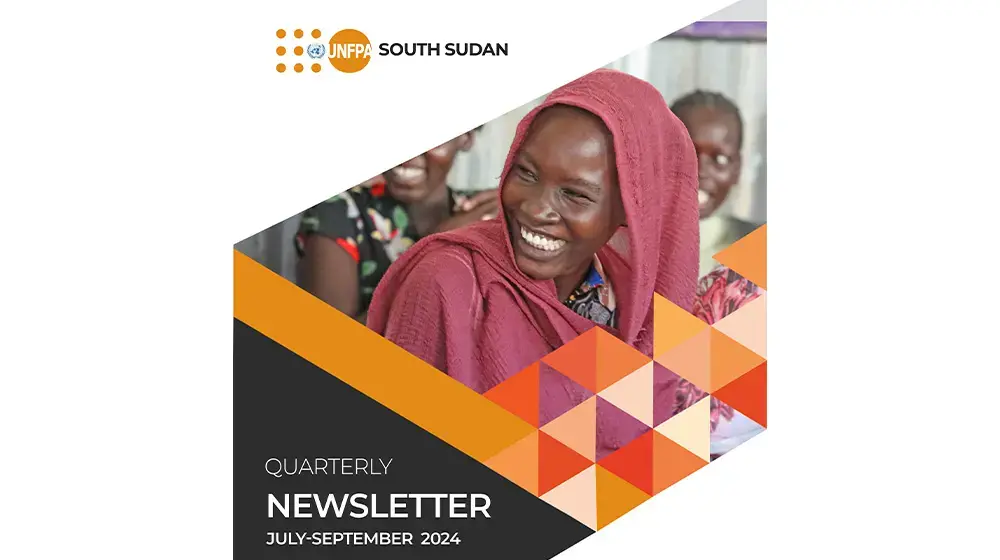Women and girls comprise the highest percentage of reported gender-based violence (GBV) incidents in South Sudan. The Country’s unique socio-political and cultural context creates significant challenges in addressing GBV. The ongoing conflicts coupled with severe flooding that leads to displacements, and economic decline worsen the already widespread violence against women and girls but also men and boys underscoring the need for context-specific approaches to tackle GBV. Negative social and cultural norms further complicate these issues. As a result, existing vulnerabilities have been intensified including intimate partner violence leaving deep physical and emotional scars on survivors, child marriage and forced marriage also remain prevalent, leaving women and girls disproportionately affected by various forms of GBV.
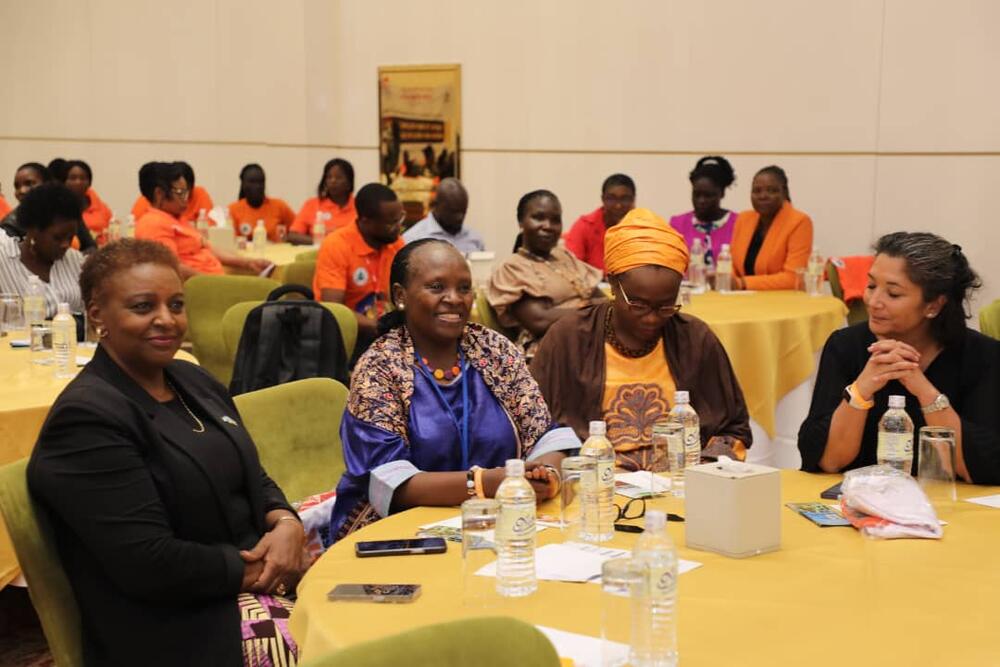
South Sudan’s launch of the 16 Days of Activism Against Gender-Based Violence aligned with the UN Secretary-General's UNITE campaign, a global movement that galvanizes individuals, organizations, and governments to raise awareness, advocate for policy change, and share effective strategies to end gender-based violence (GBV). The national campaign presented an opportunity for all partners to reflect on the alarming GBV situation in the country and call upon everyone to stand in solidarity with survivors, advocate, and renew commitment to ending this pervasive human rights violation which is deeply rooted in South Sudan.
Gracing the launch, Minister of Interior Angelina Teny called for incorporation and implementation of the bill of rights and other legal frameworks protecting the rights of women and girls to address gender-based violence in the country.
The laws of South Sudan provide for the protection of women and girls against discrimination, forced marriage and gender-based violence. The Transitional constitution stipulates that women shall be accorded full and equal dignity however these legal provisions are often misinterpreted or ignored.
“If we are to make a difference in this activism, I would urge that we look into a whole legal sector and see gaps. Our constitution is very advanced because it adopted the bill of rights, we cannot get more comprehensive than the bill of rights” Hon. Angelina said.
To achieve safer environment in South Sudan especially homes that are free of violence and promote gender equality, it requires the engagement of government, support from international organizations, civil society, communities including duty bearers, and individuals themselves.
“The UN is committed to advancing gender equality and empowering women and girls in South Sudan. Multi sectoral coordination is vital for effective GBV prevention and response, collective efforts and making practical commitment is essential for building a more peaceful country for all.” said Anita Kiki Ghebo, DSRSG/HC/RC.
Kiki also noted that the current funding level for GBV interventions in a humanitarian setting is only 41% of the required amount for 2024, a significant decrease from the 61% coverage in 2023. She called on donors to enhance their collaboration and allocate more funding for GBV interventions.
In her remarks, Aciro Lucy, the chairperson of the Women Led Organizations said,
“We cannot stand by while women and girls rights are violated, and their potential denied within homes and communities where we expect protection”.
She called up on government to enact laws, men and boys to actively confront harmful behaviors and become agents of change. Aciro added that community engagement involving traditional leaders and women's groups, particularly through women-led organizations and civil society groups, is vital for reshaping perceptions and fostering a culture of respect and equality.
“Our national theme emphasizes that ending gender-based violence requires a collective effort. It requires us to challenge harmful social norms, to empower women and girls, and to provide comprehensive support to survivors.” said Hon. Aya Benjamin Warille, Minister of Gender, Child and Social Welfare.
All speakers encourage stakeholders that beyond the 16 Days of Activism, uniting to build a future - a South Sudan where all women, girls, boys and men can live free from violence and thrive.
